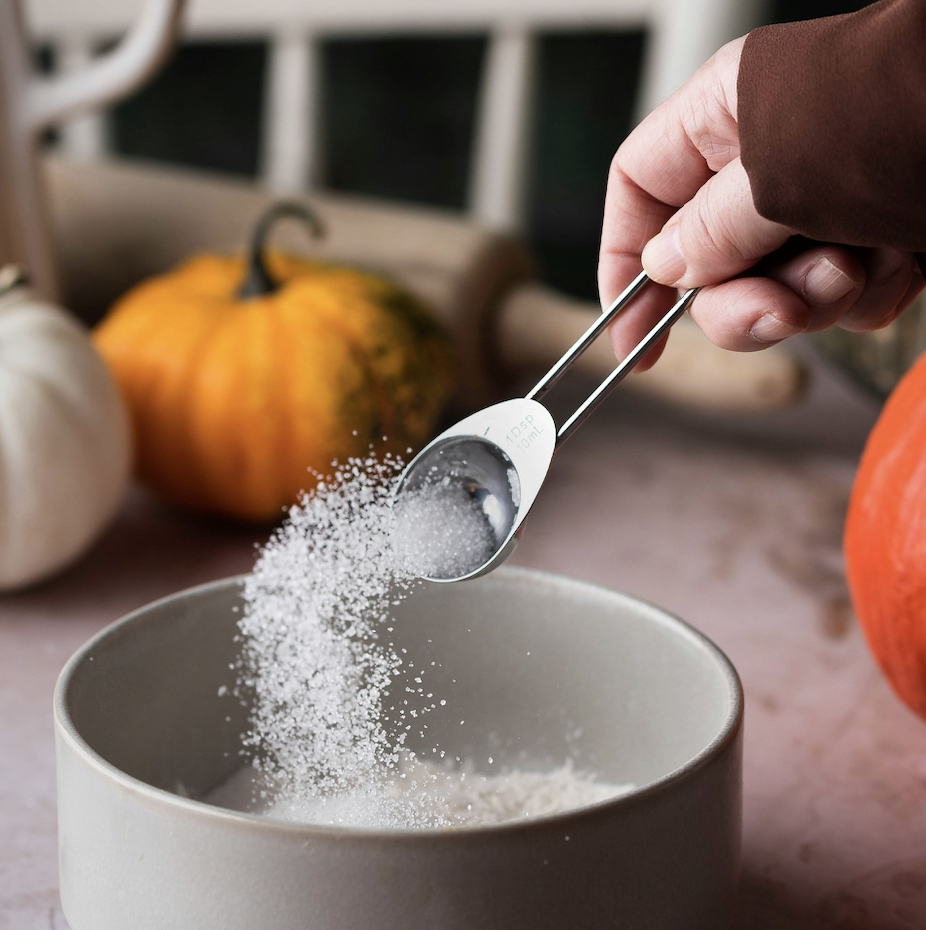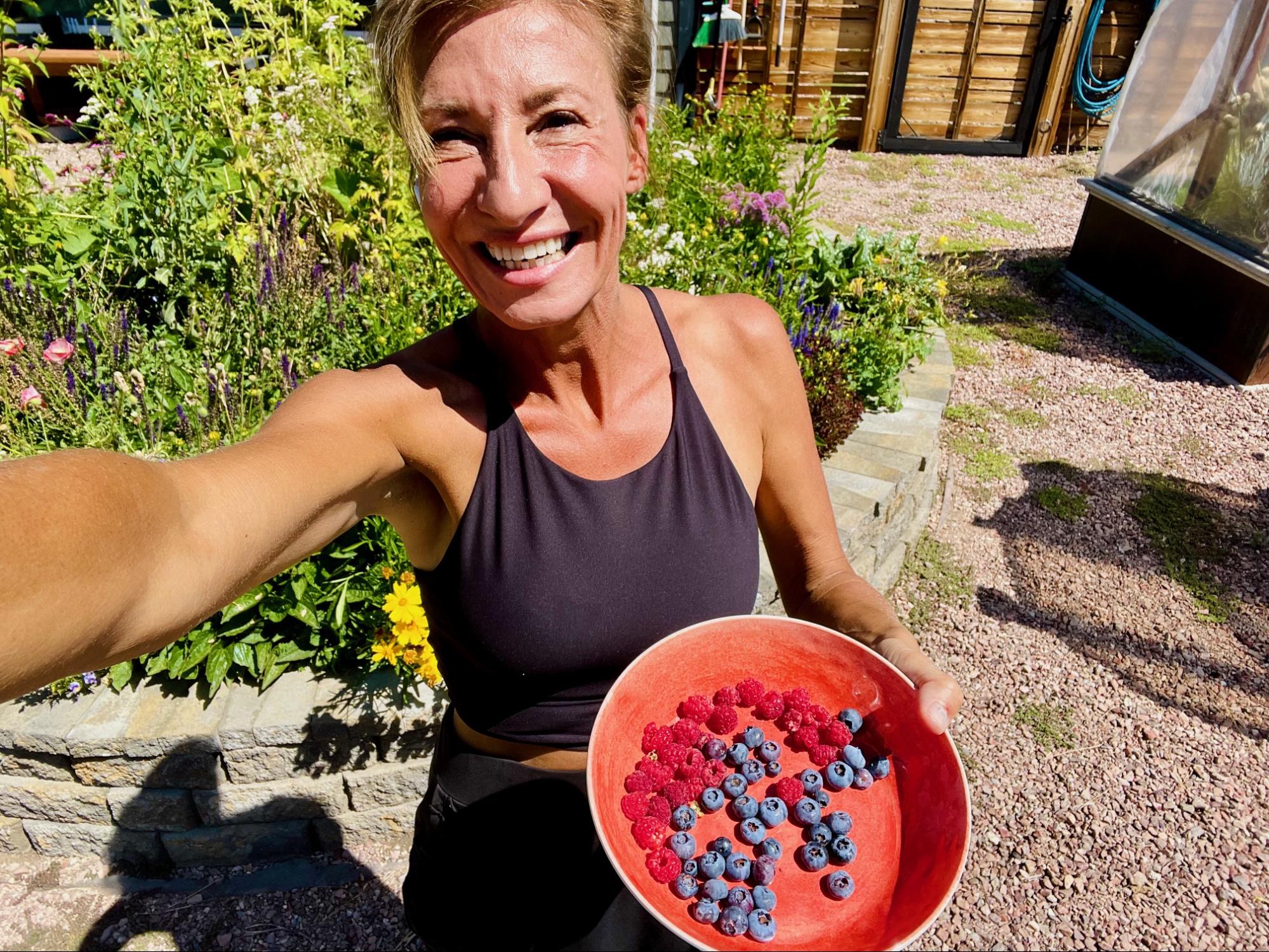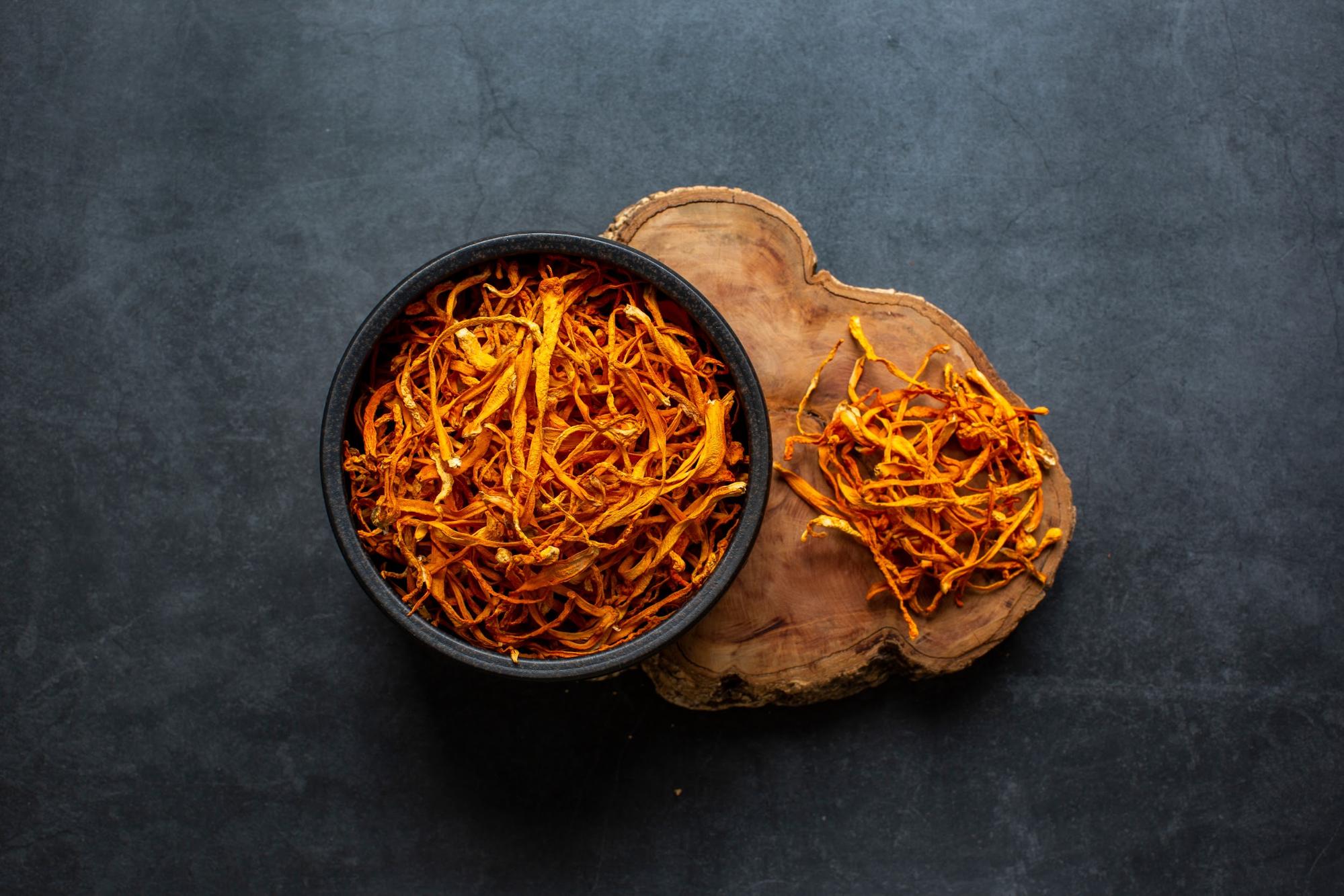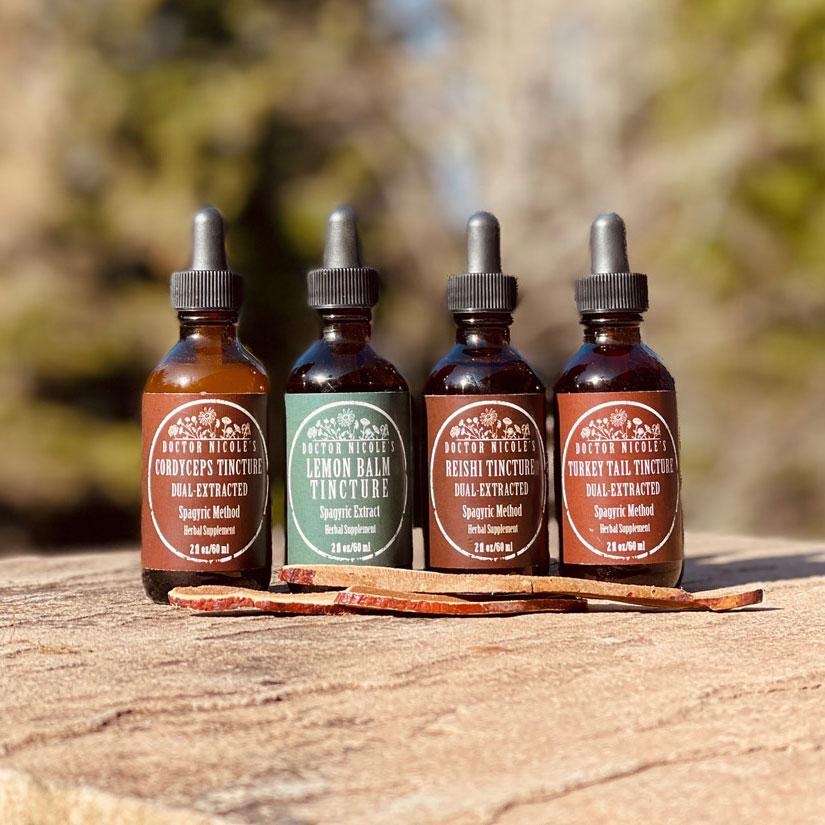Why Blood Sugar Levels Matter for Health
Generally, we tend to associate insulin resistance with type 2 diabetes — and possibly fatty liver disease, obesity, inflammation, and heart disease. But what we may not realize is that it’s also linked with a higher risk of developing cancer, including those of the breast, prostate, pancreas, and colon.1 Because of this, it is important to be aware of the role insulin plays in the body, how to keep it balanced, and key lifestyle choices that can help you to avoid the health consequences of high levels of this complex hormone. We will cover each of these points and more below.
What is insulin resistance?
An essential hormone, insulin helps your body turn food into energy and manages your blood sugar levels. It also helps your body to break down and use lipids (fats). When you eat, the sugar from food is digested and enters your bloodstream. This, in turn, triggers your pancreas to release insulin, which ushers blood sugars into the cells so that they can be utilized. If there is more sugar than your cells can use at that time, insulin deposits it into your liver for later use. As a natural process, insulin levels rise and fall throughout the day in response to how much sugar is in your bloodstream. However, your cells can become resistant to this action of insulin, resulting in chronically elevated blood sugar.
If you are overweight or obese, especially around the midsection, studies show you are much more likely to develop insulin resistance.2 However, even if you aren’t overweight or obese, but consume a diet high in refined sugar and saturated fat, you are still at risk. Steroids, blood pressure medications, and HIV treatments can also lead to insulin resistance. Lack of physical activity, polycystic ovary syndrome (PCOS), and a family history of insulin resistance are associated with the condition as well.
How Insulin Resistance Promotes Cancer
The role of insulin is a delicate balance. Too little and it cannot do its job. Too much and it increases cell production and reduces cell death.1 This is true not only for overweight individuals, but for everyone. Long-term elevated insulin levels raise your risk of breast, prostate, pancreatic, and colorectal cancers. The subsequent weight gain of insulin resistance also triggers inflammation and hormonal disruptions, which increase your risk of 13 different types of cancer.1,4

One example is a 2022 study published in Cancer Metabolism that noted “high insulin found in obesity and type 2 diabetes is causal to pancreatic cancer, not just correlation.”3,5 In a subsequent study, the team established how too much insulin contributes to pancreatic cancer. Senior researcher, Dr. James Johnson, professor in the Department of Cellular and Physiological Sciences, interim director of the Life Sciences Institute at the University of British Columbia, explains:
“In the context of obesity, the excess insulin acts directly to make the pancreas cells produce more digestive juices. This ‘over-work’ stresses and inflames the pancreas causing the cells to convert to a precancerous form in the presence of a mutation in a gene called KRAS, which is common to almost all pancreatic cancers.”5
This is an important finding as pancreatic cancer is one of the most deadly cancers and is on the rise.
The good news is that high insulin levels can largely be addressed through lifestyle changes. Adopting a diet rich in fruits, vegetables, and fiber that’s low in refined sugar and fat, regular exercise, and avoiding smoking and excessive alcohol are excellent options, according to Dr. Johnson.
Research-Backed Botanicals for Balancing Blood Glucose & More
Along with diet and lifestyle choices, herbal remedies are a powerful option for addressing high blood sugar and protecting against other health concerns. Long valued in traditional medicine, modern research has confirmed the powerful benefits of the following botanicals:
Cordyceps: Energy and Blood Sugar Balance
Cordyceps helps lower glucose by improving insulin sensitivity and contains compounds that mimic insulin activity, while also supporting heart and liver health and protecting against lung, colon, and liver cancers.6,7,8,9
Reishi: Gut, Liver, and Metabolic Health
Rich in beta-glucans and triterpenes, reishi aids gut health, balances blood sugar, and enhances liver function by helping to lower liver enzymes.12
Turkey Tail: Inflammation and Metabolic Support
Turkey tail calms inflammation, supports cholesterol and blood pressure management, and may reduce cancer risk, while promoting overall metabolic balance.11
Lemon Balm: Healthy Weight and Glucose Control
Lemon balm helps balance blood sugar, protects against oxidative stress, and supports a healthy weight. Research also shows it can improve glucose and lipid metabolism in insulin-resistant mice.10
Together, these powerful herbal remedies offer a natural way to support balanced blood sugar, encourage metabolic health, and protect against cancer. Each individual tincture is found in our convenient Heart, Blood Pressure & Blood Sugar Bundle and provides a gentle yet effective option for balancing high blood sugar and supporting overall health that’s backed by both tradition and science. Interested in learning more? Visit my apothecary today!
Nicole Apelian
Nicole’s Apothecary Products in this Post
References
- “Sugar, insulin resistance and cancer: What’s the link?” By Danielle Underferth, University of Texas MD Anderson Cancer Center, June 21, 2021. https://www.mdanderson.org/cancerwise/sugar–insulin-resistance-and-cancer–what-is-the-link.h00-159461634.html
- Buscemi, C., Randazzo, C., Barile, A.M. et al. Factors associated with body weight gain and insulin-resistance: a longitudinal study. Nutr. Diabetes 14, 21 (2024). https://doi.org/10.1038/s41387-024-00283-5
- Zhang, Anni M Y et al. “Effects of hyperinsulinemia on pancreatic cancer development and the immune microenvironment revealed through single-cell transcriptomics.” Cancer & metabolism vol. 10,1 5. 21 Feb. 2022, doi:10.1186/s40170-022-00282-z
- Zhang, Anni M Y et al. “Hyperinsulinemia in Obesity, Inflammation, and Cancer.” Diabetes & metabolism journal vol. 45,3 (2021): 285-311. doi:10.4093/dmj.2020.0250
- “Why high insulin can play a role in pancreatic cancer” by Corrie Pelec, Medical News Today, November 7, 2023. https://www.medicalnewstoday.com/articles/why-high-insulin-can-play-a-role-in-pancreatic-cancer
- Bizarro, A., Ferreira, I. C., Soković, M., van Griensven, L. J., Sousa, D., Vasconcelos, M. H., & Lima, R. T. (2015). Cordyceps militaris (L.) Link Fruiting Body Reduces the Growth of a Non-Small Cell Lung Cancer Cell Line by Increasing Cellular Levels of p53 and p21. Molecules (Basel, Switzerland), 20(8), 13927–13940. https://doi.org/10.3390/molecules200813927
- Lee, H. H., Lee, S., Lee, K., Shin, Y. S., Kang, H., & Cho, H. (2015). Anti-cancer effect of Cordyceps militaris in human colorectal carcinoma RKO cells via cell cycle arrest and mitochondrial apoptosis. Daru : journal of Faculty of Pharmacy, Tehran University of Medical Sciences, 23(1), 35. https://doi.org/10.1186/s40199-015-0117-6
- Lee, S., Lee, H. H., Kim, J., Jung, J., Moon, A., Jeong, C. S., Kang, H., & Cho, H. (2015). Anti-tumor effect of Cordyceps militaris in HCV-infected human hepatocarcinoma 7.5 cells. Journal of microbiology (Seoul, Korea), 53(7), 468–474. https://doi.org/10.1007/s12275-015-5198-x
- Yu, Sung-Hsun et al. “Hypoglycemic Activity through a Novel Combination of Fruiting Body and Mycelia of Cordyceps militaris in High-Fat Diet-Induced Type 2 Diabetes Mellitus Mice.” Journal of diabetes research vol. 2015 (2015): 723190. doi:10.1155/2015/723190
- Weidner, C., Wowro, S. J., Freiwald, A., Kodelja, V., Abdel-Aziz, H., Kelber, O., & Sauer, S. (2014). Lemon balm extract causes potent antihyperglycemic and antihyperlipidemic effects in insulin-resistant obese mice. Molecular nutrition & food research, 58(4), 903–907. https://doi.org/10.1002/mnfr.201300477
- Habtemariam, Solomon. “Trametes versicolor (Synn. Coriolus versicolor) Polysaccharides in Cancer Therapy: Targets and Efficacy.” Biomedicines vol. 8,5 135. 25 May. 2020, doi:10.3390/biomedicines8050135
- Batra, Priya et al. “Probing Lingzhi or Reishi medicinal mushroom Ganoderma lucidum (higher Basidiomycetes): a bitter mushroom with amazing health benefits.” International journal of medicinal mushrooms vol. 15,2 (2013): 127-43. doi:10.1615/intjmedmushr.v15.i2.20






